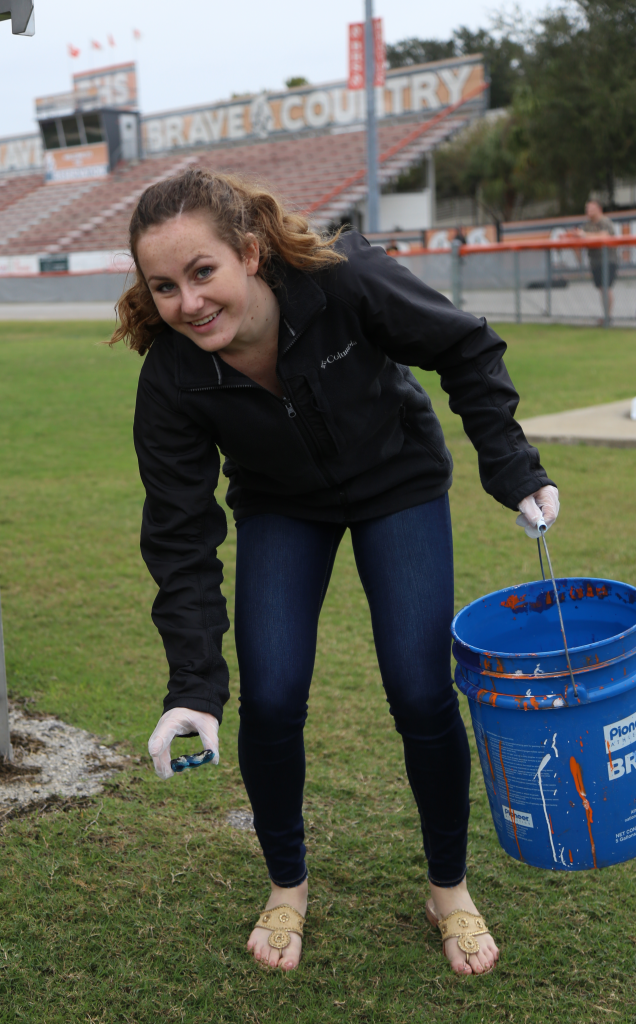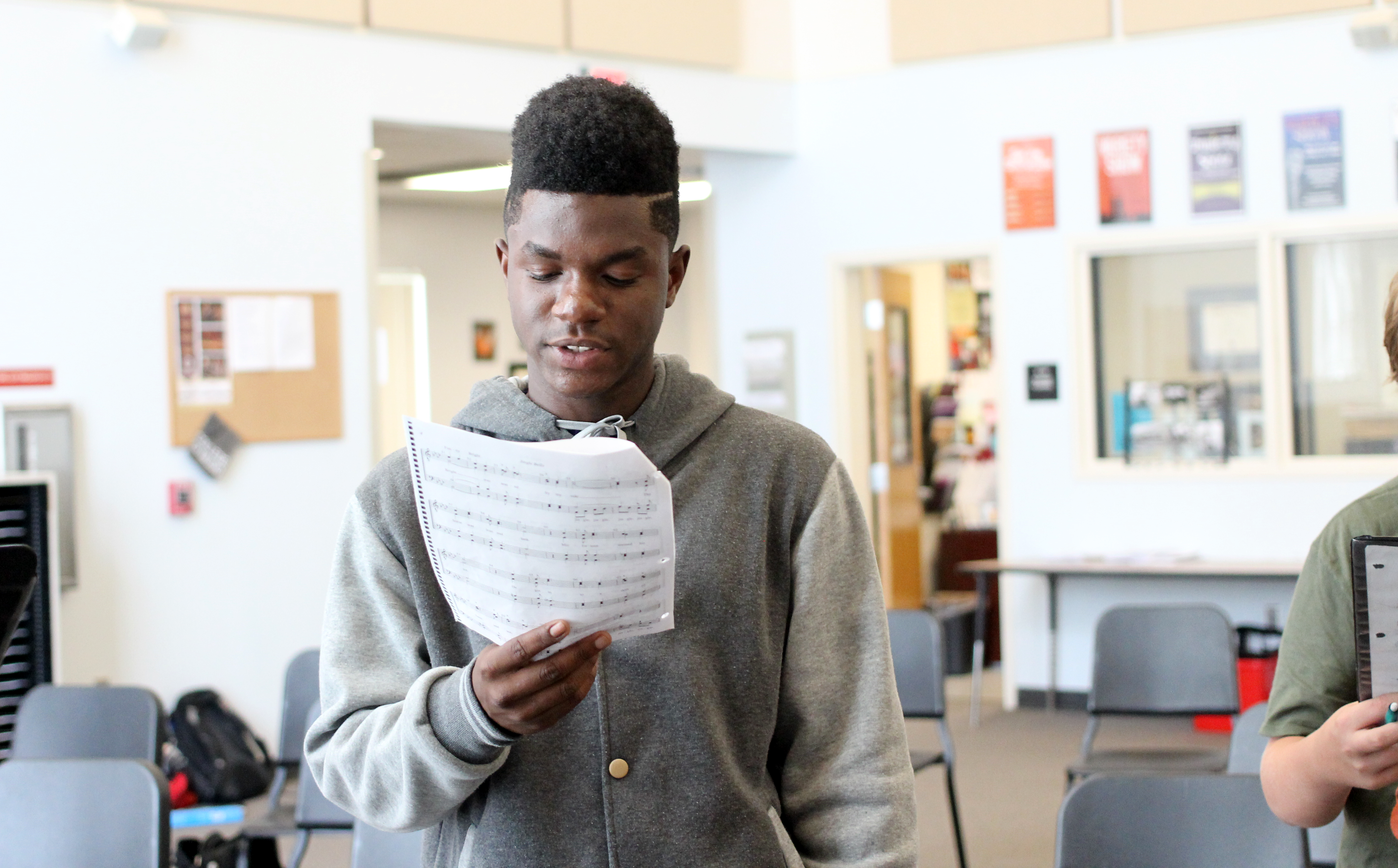
With students running unopposed in almost every student government position and only 14 girls trying out for the freshman cheer team, school extracurricular participation registers at an all-time low.
Common excuses for the scarcity of extracurricular involvement include lack of time and fear of stepping out of one’s comfort zone. Students cite homework and the unease of branching out of their friend group as the predominant reasons for not getting involved. However, campus engagement builds resumés, encourages social growth and fosters academic progress.
Club participation, sports and electives that require after-school commitment establish a potent resumé, which increases the likelihood of college acceptance. Stephanie S. Espina, Director of Freshman Admissions at Adelphi University, said, “When students take on leadership roles, demonstrate strong time management skills and display long-term dedicated involvement, it speaks volumes about a student’s character.” Scholarship programs also consider engagement in extracurricular activities in the selection process. For example, the Florida Key Club offers up to $2,000 in scholarship funds for students involved with the organization. Club advisors can act as excellent resources for letters of recommendation, as well, which behoove the college application process.
Extracurriculars allow for the development of critical life-skills that classroom lessons cannot replicate. High-endurance sports, for example, train students to maintain patience in the face of intense difficulty. An immediate benefit of pursuing interests through extracurriculars includes meeting others who share those same interests. Plus, teamwork often evolves into leadership in the extracurricular environment. School participation builds solid relationship proficiency, especially in team-oriented clubs and activities.
The AT&T Managerial Assessment Center study found significant correlations between extracurricular activities and administrative skills, interpersonal abilities and motivation. Michael Falkowitz, formerly an assistant dean of students at the University of Kentucky, identified about 2,500 opportunities for students to develop leadership skills on campus each year. “These opportunities are something that you can’t teach in a classroom,” Falkowitz said. “Officeholders in clubs and in campus organizations get an on-the-job executive experience of running a small franchise.”
Additionally, school involvement directly correlates to academic achievement. A University of Wisconsin-Stout study found that students who partook in three or four extracurricular activities during the academic year showed dramatically better grades than those who did not participate in extracurricular activities. School engagement also relates to class attendance.
The Olson Study (2008) recongized that students enrolled in fine arts activities displayed significantly lower absentee rates than those students who did not participate at all. Participation provides real world application. The “Journalism Kids Do Better” study found that members of a college journalism staff showed higher grade-point averages in their first college English courses than students who did not take journalism.
Students often believe they do not possess enough time to stay involved on campus. However, extracurriculars teach time management. If a student develops a schedule to prioritize activities, he will find time to not only study, but time to attend a class council meeting or join Spanish Club.
Social media also poses a barrier to physically attending school meetings and practices. Students may view their opinions expressed on Twitter or Instagram as involvement, but that cannot replace real world participation. Physical contribution, as opposed to virtual participation, allows students to see the direct effects of their efforts.
School participation remains vital in a student’s successful path. It builds a resumé and improves social skills. It also proves positive academic results. If a student makes the time to join a club or sport, he will learn valuable life skills outside of the classroom to further his career.
